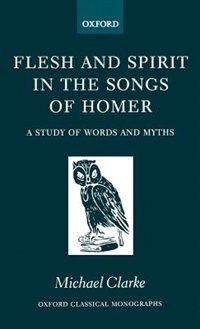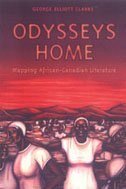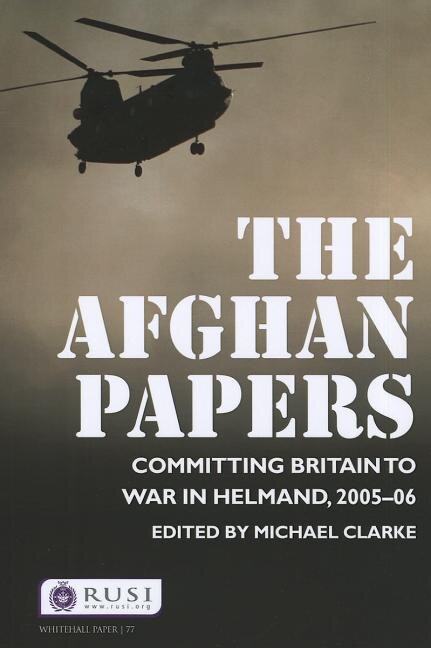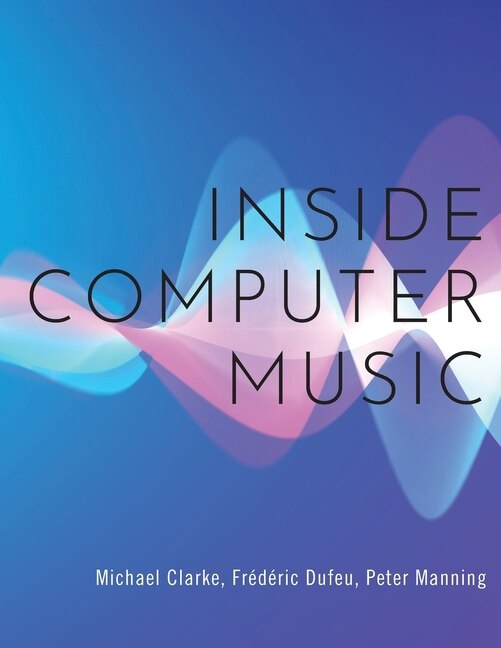
Compare Flesh and Spirit in the Songs of Homer by Michael Clarke, Hardcover | Indigo Chapters
Michael Clarke
$360.00
In the epics of Homer people experience emotions, carry out thought, express themselves, suffer death, and survive in a shadowy afterlife. When Homer describes these processes he reveals his sense of human identity; his conception of the self and its relation to the visible body. Despitemany generations of study a fully satisfactory account of that conception has never been offered, partly because analyses of word-meanings, world-picture, and literary tradition have proceeded along separate paths. This book offers a newly integrated interpretation of Homeric man. The author starts with the working hypothesis that, in this poetry, the human being is not divided into two parts - inner and outer; body and soul; flesh and spirit - but stands as an indivisible unity. Thought and emotion areprecisely the same as the movement of breath, blood, and fluids in the breast; the thinking self and the visible flesh are inextricably united, with no sense of man having either a mind or a body as a constituent part of himself; and at death the journey to the Underworld is fundamentally the sameas the descent of the corpse into the soil. The last part of this analysis leads to a reassessment of the Homeric psuche, an entity which leaves the mouth at death and whose name is often misleadingly translated as soul. This study of the psuche leads to a new view of life in the Underworld, withwider implications for the study of the interrelation between myth, poetic narrative, and the meanings of early Greek words. | Flesh and Spirit in the Songs of Homer by Michael Clarke, Hardcover | Indigo Chapters







